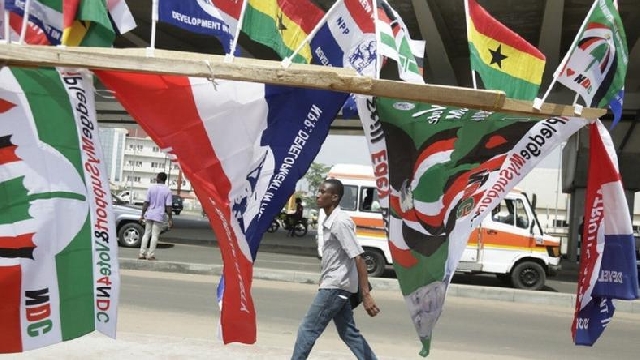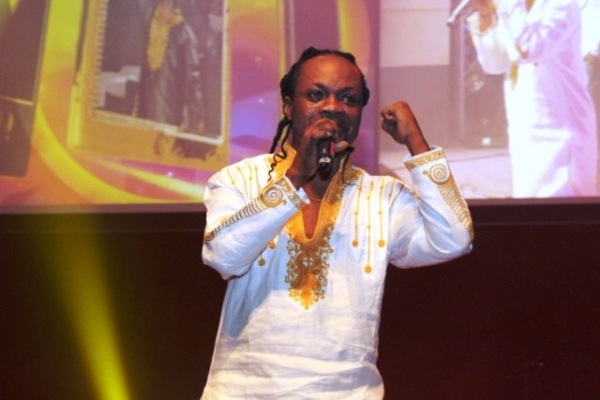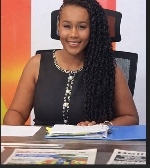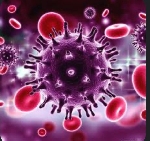Ghana’s 2020 election: If music were to decide electoral outcome
 Campaign songs and 2020 election
Campaign songs and 2020 election
Campaign songs have been a relevant feature with regards to Ghana’s fourth republic; where political parties and candidates usually use one or more songs to identify with their campaign ahead of impending elections. Generally, songs with political tone as a practice can be traced to the early fifties when Ghana attained independence. Prior to the period, we sang more political songs, general music, than campaign songs and they were not very popular and not very different from today’s phenomenon of people ( indigenous people) singing to express their feelings, thoughts about the environment including local authorities and colonial authority.
In the 1950s highlife was birthed. The 1960s through the 1990s saw a rise in the number of indigenous music lovers creating and enjoying various genres from the Highlife genre. These songs mostly employed allusions, allegories in its lyrics depending on the themes being addressed. A typical example is “To wo bo ase”- Be Patient by Kofi Sammy of the Okukuseku II Band was adopted by Acheampong to justify the over throw of the Busia government but he subsequently banned it because it was used against his regime. These songs had become political tools for both the governors and governed; it became a tool for sending optimism, patriotism or worse division through the lyrics and it was also a vehicle for expressing public opinion.

The emergence of campaign songs in our elections in 1992 seem like an organic metamorphosis and modification of political songs and our Ghanaian politics. Whether these songs have influenced the outcome of elections since 1992 is another beautiful area worth exploring. However, a few things have remained consistent since 1992; these songs have been great source of entertainment considering the tensions that characterise our elections; they have branded the political parties and their candidates; they have been great vehicles for sending across campaign messages of the various parties; they have been good sources of business for both aspiring musicians and self-made ones. The involvement of these neutrals (musicians) can be seen as growth for our kind of democracy.
Campaign songs and 2020 election
I am worried about this year’s elections because it’s 45 days (tops) away and none of the political parties, especially the big two players have outdoored any real specific or official lead song ahead of the elections. By October, 2016, the Ghanaian electorate knew which songs led the music front for the two big parties and the messages they carried.
“Nana is a winner” composed by Daddy Lumba had been remixed to emphasis the Free SHS message of Candidate Nana Akuffo Addo and “Onaapo” composed by Dee Aja had also been remixed, twice, to strongly emphasise the achievements of John Mahama and the NDC.
The 2020 electioneering campaigns hasn't seen a serious urgency on the music front of the various parties and it is a little worrying considering it is the year with a lot of manifesto promises for the creative arts industry.
Is this situation in anyway a reflection of the low morale in the creative arts sector? Perhaps they (not all) are yet to receive their compensation, unpaid allowances for gigs done in the previous elections?
Is the situation a reflection of a declining interest in the role music plays in the Ghanaian elections?
I have seen a few attempts by some known musicians cum sympathisers on YouTube; Gospel musician Ampong’s 4More4Nana sounds like an unknown record he created for Jesus but sold now to Nana Addo. Lucky Mensah as usual since 2012 created what can be described as veiled attacks in the name of a campaign song in “Nana Toaso.” Actor Agyaa Koo also tried his luck with his “Afa oo” piece, Michael Adangba’s attempt to refix Master KG’s “Jerusalema” but shockingly missing it ( any good music producer can attest) and others looking for career breakthrough have also made some attempts including Noble Genius who did a promising but simplistic cover of Mr Drew’s hit song “Dwe” for Nana Addo and the composer of “Mahama afa” Kojo Bee.
This song may have brought him into the limelight and earned him some money but I am not sure of the value chants add to a political campaign or its message. It is however good for warming up the rallies, road tours, but does not qualify to help the NDC’s 2020 course.
In my opinion, like millions of Ghanaians, this election is about records.
Which NDC song really talks about the achievements of the John Dramani Mahama? “Onaapo” by Dee Aja.
The NDC should refix this song, possibly get a senior musician with the kind of presence Daddy Lumba exudes on and do magic. For some reason, I cannot point out, Michael Adangba should not be ignored if the idea of remix is worthy despite the fiasco with “Jerusalema” ; he’s able to bring everything NDC and election into a few lines in a song. Typical example of his work would be the “Taka Tika” song he created for the NDC ahead of elections 2012.
In 2016, Daddy Lumba (or DL) and the NPP simply got another musician from another generation with a similar appeal and emphasised an old message onto an old song;“Nana is winner”, the original record, arguably, being the most exciting campaign song in recent times.
The truth is there’s a lot and uniqueness to the personalities of Daddy Lumba and Kwabena Kwabena that the NPP can still capitalise on in 2020.
These gentlemen have sung about love, women, 99.5% of their various music careers; they are big in their own rights, with DL’s brand more tested over time. In stature, Daddy Lumba is like the ceremonial Otumfuo of Ghana music; he is above party politics and flipping sides won’t hurt his brand because we will forever know him as a musician. They both inspire women everywhere their songs are played or aired and strangely, scandals have made them beautiful.
The strong participation of women in this area of political communication has also not been very impressive. Very few women or none (for some) can be mentioned in this conversation. The closest a woman ever came is singing choruses for Daddy Lumba or dancing in the back for Dee Aja or Michael Adangba in the video clips.
Considering elections 2020 could also be about women, it would make sense to see women lead the charge or strongly feature in composing campaign songs the various political parties and candidates can run with.
The author of this piece is the Producer for the Mid-Morning show and late afternoon Drive on Class 91.3FM.
Source: Ebenezer De-Gaulle
Trending Features

Lithium: A billion-dollar mineral, a withdrawn bill, and a country at a crossroads
15:14
When silence speaks louder than words
12:12
Project finance: A viable path to build Ghana’s infrastructure without overstretching or overburdening public Debt Ghana is facing mounting fiscal and infrastructure financing pressures
10:24
As awareness campaigns fade, new HIV infections rise
09:48
Rejoinder: Reject misleading calls to endorse vapes as tobacco harm reduction in Ghana's Public Health Act
23:34



